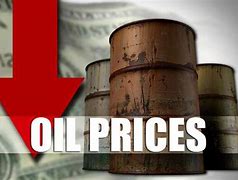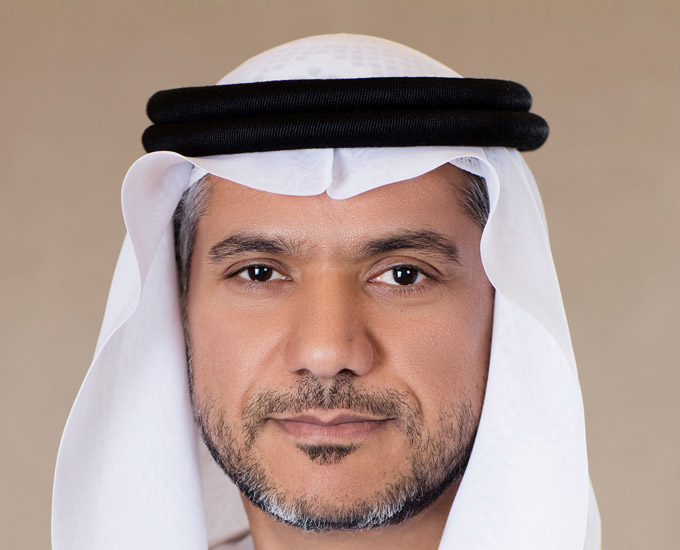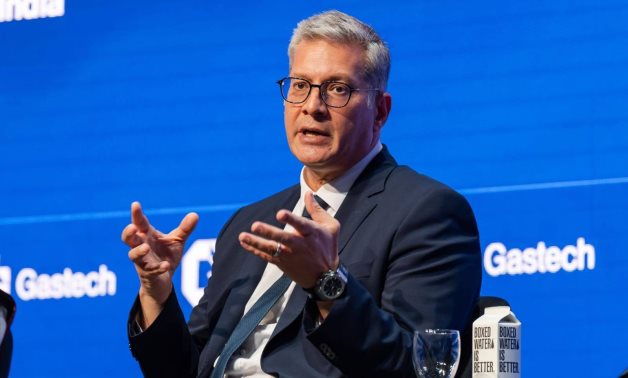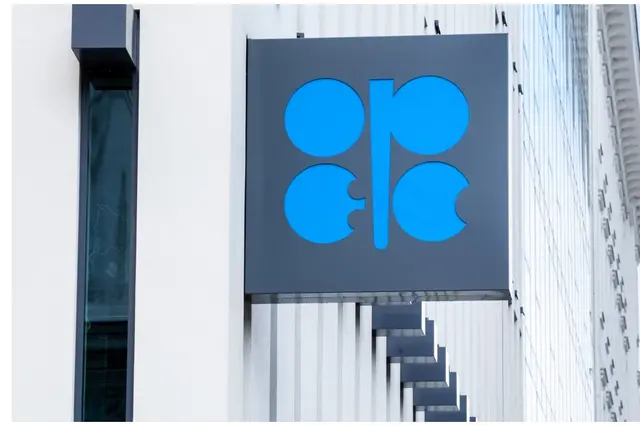Energy

Nigeria's Oil Sector Secured $16 Billion in Investment Commitments in Two Years - NUPRC

Mr Komolafe said the PIA and recent presidential reforms, the NUPRC working closely with industry stakeholders, have made significant strides in positioning Nigeria's upstream oil and gas sector for energy security and resilience.
On Wednesday, the Nigerian Upstream Petroleum Regulatory Commission (NUPRC) said Nigeria is undergoing a historic energy sector transformation, with over $16 billion in investment commitments secured in two years.
NUPRC Chief Executive, Gbenga Komolafe, while speaking at the 2025 Nigeria Oil and Gas (NOG) Energy Week in Abuja on Wednesday explained that this influx of capital is a direct result of far-reaching reforms and bold policy moves designed to reposition the sector for energy security, sustainability, and economic resilience.
Remarkably, he said under the decisive leadership of President Bola Tinubu, Nigeria is undergoing a historic energy sector transformation.
"The Petroleum Industry Act (PIA) of 2021 laid the foundation for this reform. The 2024 Executive Orders: 40 on fiscal incentives, 41 on local content, and 42 on cost efficiency and contract timelines, have catalysed massive investment inflows. Over $16 billion has been committed in just two years," Mr Komolafe said.
He added that oil and gas have continued to supply over 50 per cent of global energy needs, a figure expected to hold through 2050.
He said sustaining this demand will require $640 billion in annual upstream investment through 2030.
"Failure to meet this demand will threaten global stability. Let it be said: the global demand remains strong. Nigeria and Africa cannot afford to ignore this," he said.
Through the project one million barrels initiative, he said the NUPRC are scaling up Nigeria's production by reawakening dormant fields, accelerating approvals, and enhancing upstream efficiencies.
Launched in 2024, he said the initiative targets an increase from 1.46 million to 2.5 million barrels per day (bpd) by 2026.
"With 1.7 million bpd already achieved, the strategy is yielding results. Protection of assets is also paramount. With 37 new evacuation routes approved and working closely with security agencies, we are curbing theft and boosting accountability.
"Meanwhile, our drive on domestic crude supply obligation is guaranteeing feedstock for local refineries, strengthening domestic supply chains and economic resilience," he added.
Speaking further, Mr Komolafe said no strategy is complete without sustainability.
He noted that while oil and gas remain Nigeria's economic mainstay, contributing nearly 90 per cent of FX earnings and 70 per cent of national revenue, the NUPRC is determined to entrench climate responsibility at the core of its operations.
"Nigeria has pledged to achieve net-zero emissions by 2060. It should be known that the NUPRC is turning that ambition into reality. Our gas-centric transition strategy, supported by initiatives like the Decade of Gas, the Nigerian Gas Flare Commercialisation Programme (NGFCP), and the Presidential CNG Initiative, aims to eliminate routine flaring by 2030, reduce methane by 60 per cent by 2031, and monetise our vast gas reserves, creating thousands of green jobs in the process.
"Nigeria is building Liquefied Natural Gas (LNG) capacity, deploying floating infrastructure, and leading cross-border pipeline development to fuel not only its own economy, but Africa's industrial renaissance," he said.
He said the PIA and recent presidential reforms, the NUPRC working closely with industry stakeholders, have made significant strides in positioning Nigeria's upstream oil and gas sector for energy security and resilience.
"Yet, sustainability and economics remain steadfast in our commitment to progress. Going forward, our focus will be on deepening upstream investment, accelerating reserve development, scaling up production, and enhancing domestic energy security and sustainable growth."












